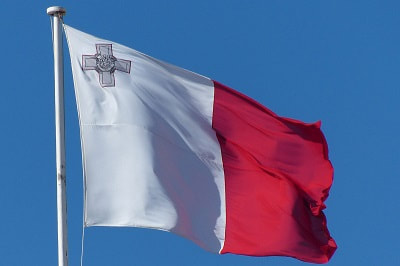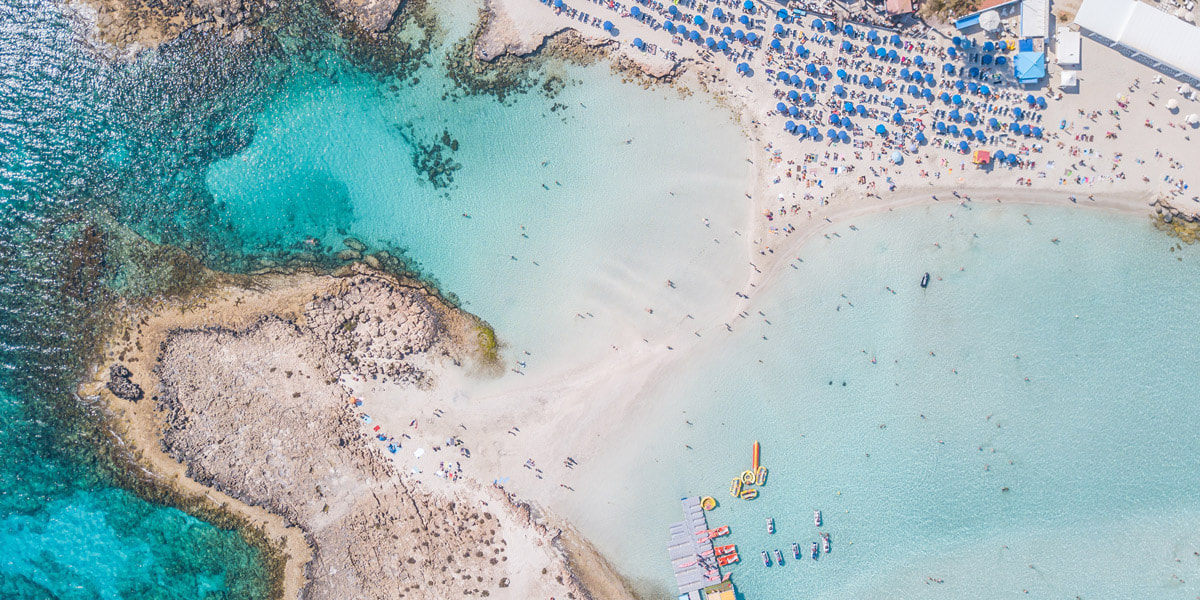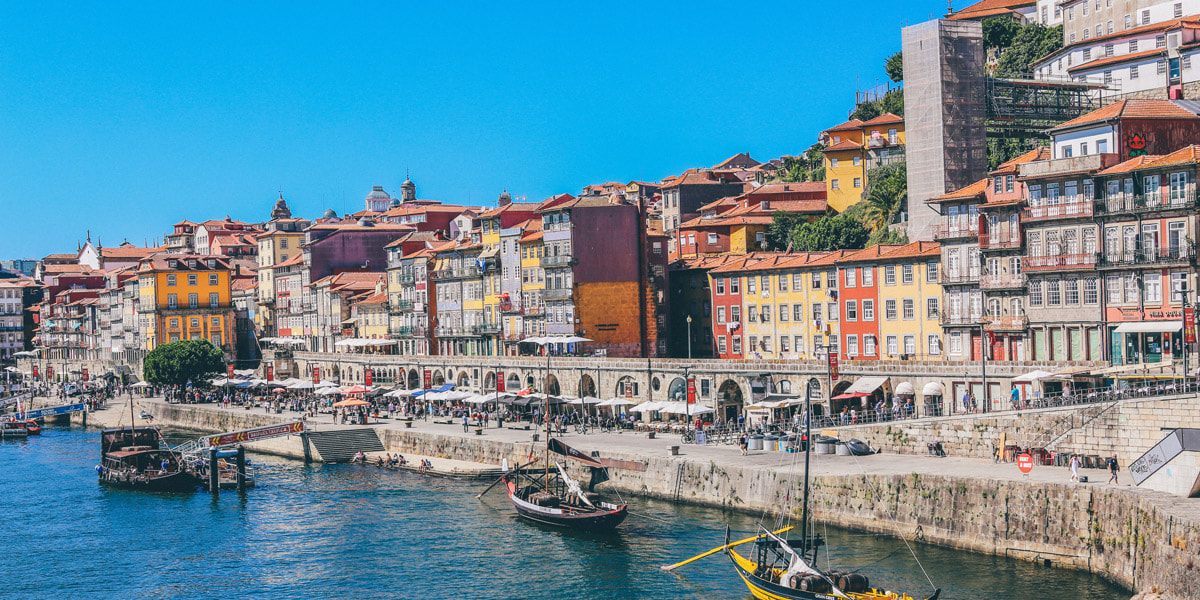|
What has changed in Malta’s immigration policy?
The amendments that came into force on November 20, 2020, effectuate a new route of receivingMaltese citizenship ‘by Naturalisation for Exception Services by Direct Investment’. From now on, you’ll be able to obtain a Maltese passport in one or three years after securing a residence permit. According to the new rules, the certificate of Maltese citizenship can only be provided to 400 main applicants per year. The overall number of main applicants within the new programme should not exceed 1,500. What do I need to do to get a Maltese passport? A candidate for Maltese citizenship should: Make a donation of €600,000–€750,000 to the national fund Purchase Maltese property at a minimum cost of €700,000 or rent the property at €16,000 per year Make a voluntary donation of €10,000. Here are more details. The minimum donation sum depends on whether the investor is planning to apply for citizenship in one or three years after receiving the residency. If you’d like to obtain the passport in three years (36 months), the donation will amount to €600,000. If you’d like to take the fast track and obtain the citizenship of Malta in one year (12 months), the minimum donation will amount to €750,000. For dependents of the main applicant, the sum of donation to the Maltese national fund will constitute €50,000. The investor can purchase property at the minimum cost of €700,000 or rent property at a fee of €16,000 per year. The minimum investment term is five years from obtaining citizenship. How fast can I become a citizen of Malta? If you take the fast track to citizenship, you’ll get the passport in 14 months. Before I get the passport I’ll need to obtain residency. Is this right? Yes, according to the law of Malta, candidates for citizenship must receive a residence card and hold it for 12 months. Candidates get an electronic ID - eResidence card. Once you obtain it, you become a Maltese resident. Can I obtain Maltese passports for my whole family? Yes. The Maltese government has met the investors halfway and raised the age for financially dependent children who are eligible for citizenship - from 27 to 29 years. Thus, investors can get a Maltese passport for themselves, their spouses, financially dependent and unmarried children under 29 years old (children with disabilities without limitations), parents and grandparents of the main applicant and their spouse (older than 55 years old). According to the new rules, not only the main applicant, yet all dependent adults should apply for residency. The non-refundable investor’s fee on this stage will amount to €5,000, €10,000 - for family members. How is the immigration process organised? Obtaining Maltese citizenship is a transparent and streamlined process. You should contact the immigration specialists. Prime Land Ventures experienced lawyers will help you pick the right investment option, prepare all the documents, check them thoroughly and submit the application. The processing of Maltese citizenship includes several stages. You need to: Apply for residency Undergo the due diligence check Get approval from the Maltese authorities and make the investment Apply for naturalisation (citizenship) Take an oath of allegiance within six months from getting the passport. The Maltese citizenship is granted for life and it is transferable by inheritance. Is it difficult to pass the due diligence check? Don’t worry! All law-abiding candidates for the Maltese passport are able to successfully pass the due diligence. The authorities of Malta will research the origin of your capital and other security-related issues (the check is performed on all family members as well). Prime Land Ventures specialists will prepare the necessary paperwork and help you through the entire due diligence process. According to the new rules, the due diligence check costs €15,000 for the main applicant and €10,000 for each family member. Great. What other perks does the Maltese citizenship offer? Aside from an EU passport? The Maltese passport has many benefits: You’ll become a citizen of an EU member state and will be able to visit 182 countries without a visa, including the EU, UK, US and Canada. During the global crisis and pandemic, an EU citizenship will allow you to travel the world and boost your quality of life. You will no longer depend on the ever-changing rules and limitations. You’ll be able to live, work and study in any of 28 EU countries. You will obtain passports for your family. You’ll benefit from the relaxed taxation regime. Maltese citizens do not pay taxes on revenues generated outside of Malta, dividends, inheritance or wealth. Will I have to pass any exams to get a Maltese passport? No, there are no language or history exams required for future Maltese citizens. Prime Land Ventures experienced lawyers and consultants will analyse your needs and budget preferences, help you find the best investment option and obtain a second citizenship with the guaranteed result.
0 Comments
Cypriot Minister of Foreign Affairs Nikos Christodoulides held a speech before the Committee on Financial and Budgetary Affairs of the House of Representatives and announced that Cyprus had applied for Schengen membership in September 2020. “The government has submitted the application for security reasons and we are now expecting the European Union to come and start its evaluation process which is divided in five parts,” said Christodoulides.
As of today, Cyprus is one of the EU states applying for Schengen membership along with other non-members. Romania, Bulgaria and Croatia, for instance, have already undergone the multi-tier evaluation process and are waiting to be accepted as Schengen members. Experts believe that Cyprus will inevitably make part of the Schengen zone. All facts say in favour: Cyprus joined the EU in 2004, since 2008 Cypriots have used Euro as the official currency. Analysts forecast a major surge in Cypriot property rates after Cyprus becomes a Schengen member and recommend foreign investors to buy real estate in the country before prices go up. Limassol is the city that generates most demand in terms of residential property. 37% of all sale-purchase transactions are performed in Limassol. Foreign buyers are also interested in apartments, villas and houses in Nicosia, Paphos, Larnaka, Famagusta and some other towns. Market analysts maintain that Cypriot property yields solid profits. Those letting apartments in Cyprus for rent may count on the ROIs of 2.5%–6,5%. The Prime Land Venture experts will help you pick the best offer of the Cypriot market based on your budget, circumstances and preferences. At Prime Land Ventures, we’ll ask you a few key questions so you can make a decision: 1. What is your budget for buying a Cypriot property? 2. What would you like to purchase: apartments, studio, villa, townhouse, suburban house? 3. How many bedrooms are you looking for? 4. Which part of Cyprus are you interested in? Do you have any regional preferences? 5. What attracts you more: dwelling in a big city, suburb or countryside? 6. Which city infrastructure is vital for you? Does proximity to shops, offices and restaurants matter? 7. Are you looking for schools or kindergartens nearby? 8. What is your key objective for property investment? You’re planning to stay in your Cypriot home on a permanent basis You will be spending holidays or extended periods of time in your Cypriot dwelling You’re looking to get lucrative ROIs from your property. The Prime Land Ventures property experts will help you define your goals and will answer any questions on Cypriot property. From November 11, 2020, children of foreign parents will be entitled to Portuguese citizenship by birth, provided that at least one of the parents had resided in Portugal for at least one year. This is stipulated in the amended law on citizenship published by Portugal’s governmental edition Diário da República.
Previously, children born to foreign residents of Portugal could obtain citizenship by birth in case at least one of the parents had resided in the country for a minimum term of two years. By the new rules, this term has been decreased to one year. Experts believe this update will enable Portuguese residence permit holders who remained in the country for at least a year to secure citizenship of Portugal for their children on their birth. This opportunity will be available even to foreign residents who only spent 7 days in the first year in Portugal (as the physical presence rules require). Due to this change in legislation, Government Approved Portugal’s Residency by Investment programme will become the only EU scheme that allows foreigners to obtain citizenship by birth for their children without the need to reside in the country for any significant time. The Portuguese authorities had already expanded resident rights in the past. In 2018, Portugal passed an amendment to the law on citizenship granting the right for naturalisation to foreigners who legally resided in Portugal for five years. The authorities apply the new rules verbatim: holders of Portuguese residence permits who meet a minimum presence requirement are considered legal residents and have a right to obtain citizenship. The growing popularity of Portugal’s Residency by Investment programme also correlates with fact that Portuguese citizens will soon be able to obtain E-2 US visas and relocate to the US. Last year, the US House of Representatives passed the law known as AMIGOS (Advancing Mutual Interests and Growing Our Success) that would enable citizens of Portugal to apply for E-2 visas. This law will come into force upon approval of the US Senate and President. The Residency by Investment programme of Portugal launched in 2012 brought over €5.5 billion to the country’s economy. Based on analysts’ reports, most members of the Portuguese immigration programme invest in property. Portuguese residency allows you to live, work and study in any EU member state and cross the borders of 26 Schengen countries without a visa. |
Archives
March 2021
Categories |
We Would Love to Have You Visit Soon!
Hours
M-F:
7am - 9pm |
Email
|
Locations
|
© Prime Land Ventures 2022




 RSS Feed
RSS Feed